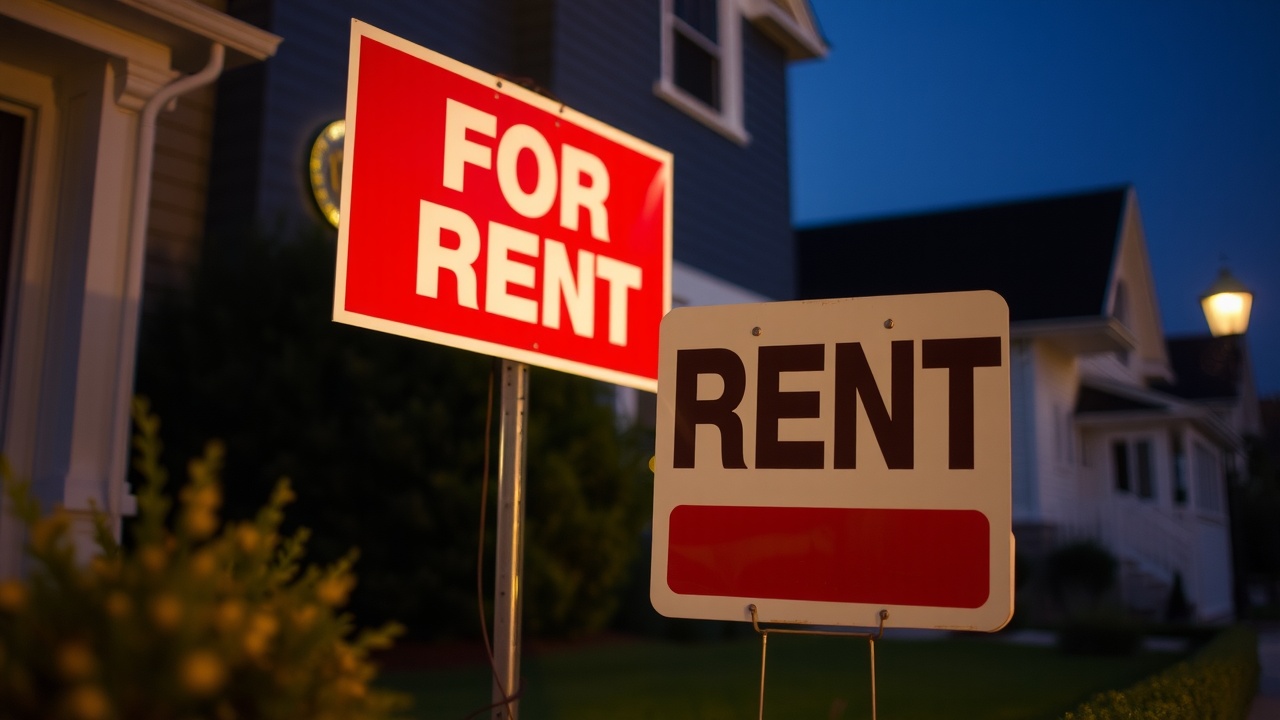
According to research, renting in your golden years carries some financial risks
If a pensioner continues to rent, their retirement may be less favorable than that of a home owner.
New research shows the financial risk of being a tenant in your golden years, even though renting can offer flexibility and some people may not be able to afford to buy a property due to high house prices.
According to the most recent At-Retirement Report from consulting firm Barnett Waddingham, renters' higher expenses limit their ability to save for a pension, which has an impact on their retirement income.
In the last ten years, the number of over-65s renting has increased by 55%, according to Independent Age research.
Although a mortgage is usually paid off by the time a person retires, Barnett Waddingham cautions that renting is a continuous cost that may even increase over time.
What dangers come with renting when you're older?
According to the Pensions and Lifetime Savings Association's most recent estimates, a single person would need to spend about 43,100 annually on a comfortable retirement.
According to Barnett Waddingham's analysis, homeowners' expected retirement income of £21,000 annually will already be insufficient, while renters' expectations are even lower at £19,000 annually, a divide of £2,000.
According to the survey, about two-thirds of renters and homeowners believe they can afford the costs of the homes they want.
Homeowners anticipate their retirement expenses to remain the same or even decline, whereas one-third of renters anticipate an increase in housing costs.
Additionally, compared to renters, homeowners appear to be more involved with their money and investments.
This might be a problem because, according to Standard Life data, tenants might require an additional £400,000 in their retirement pension to keep up with growing rents.
According to Paul Leandro, a partner at Barnett Waddingham, "The dismal retirement prospects for renters, particularly in comparison to their homeowning counterparts, are one of the most important wires in the ticking pensions timebomb."
Over 25% of working adults over 50 who are still renting are at a high risk of having a challenging later life. Current homeownership status is only one factor contributing to the confidence gap; other factors include broader financial planning and awareness.
"There have been calls to allow people to use their pension savings to pay for a house deposit, but this goes against the need to accumulate as much as possible before retirement," Leandro said, adding that renters "face dual challenges of lower confidence and less engagement with retirement planning and tangibly worse financial situations."
"A better framework that enables tax savings for both pension income and a home deposit must be established by policymakers.
As an alternative, it might be feasible to combine the two if there are structural ways, such as home equity release for housing, to be a part of the retirement framework. It's evident that this problem won't go away on its own; in order to safeguard this vulnerable group of renters, direct intervention is required.
Benefits and drawbacks of renting in retirement.
Renting in retirement can have advantages.
In addition to giving you more freedom to move more readilywhether to be nearer to family, downsize, or relocate to a more suitable setting as needs changeyou might not have to worry about paying for maintenance.
On the other hand, rent adds a monthly cost that may continue indefinitely.
Anita Wright, a certified financial planner at Bolton James, stated: "Retirement income planning needs to account for this expense. Furthermore, rents may rise over time and possibly surpass the growth of retirement income due to market forces and inflation.
Later in retirement, this may put a strain on the retiree's finances, particularly if other expenses like healthcare also increase.
Selling a home for rent can free up funds for homeowners to fund lifestyle objectives, such as care requirements, or to increase retirement savings. Even though renting can make life easier in later years, long-term financial planning must carefully account for the ongoing and possibly increasing costs.














Leave a comment on: The risks of renting in retirement are higher for older renters and 2,000 pounds less than for homeowners